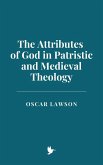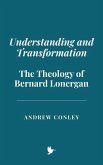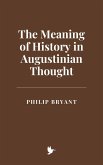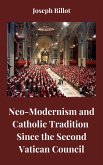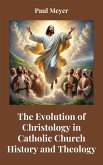The chapters investigate key themes such as Augustine's anthropology, his doctrine of original sin, his understanding of law and justice, and his reflections on the tension between temporal authority and divine sovereignty. Augustine critiques the limitations of human governance, emphasizing that ultimate justice and peace are unattainable in the earthly city but are fulfilled in the eschatological City of God. His vision offers a redemptive framework for interpreting history, where divine providence and human freedom coexist within the drama of salvation.
Augustine's influence extends far beyond late antiquity, shaping medieval, Reformation, and modern political thought. His engagement with classical philosophers like Plato, Aristotle, and Cicero reveals both his intellectual indebtedness to and departure from their ideas. His thought influenced figures such as Thomas Aquinas, Martin Luther, John Calvin, and Reinhold Niebuhr, while his eschatological vision continues to inform contemporary debates about religion, politics, and society.
This analysis not only situates The City of God within its historical and philosophical context but also highlights its enduring relevance. Augustine's theological realism, his critique of human hubris, and his insistence on the transcendent purpose of human life challenge readers to navigate the complexities of the earthly city while orienting themselves toward the eternal City of God. This exploration of Augustine's work underscores its significance as a timeless contribution to the discourse on faith, politics, and human destiny.
Dieser Download kann aus rechtlichen Gründen nur mit Rechnungsadresse in A, B, CY, CZ, D, DK, EW, E, FIN, F, GR, H, IRL, I, LT, L, LR, M, NL, PL, P, R, S, SLO, SK ausgeliefert werden.



